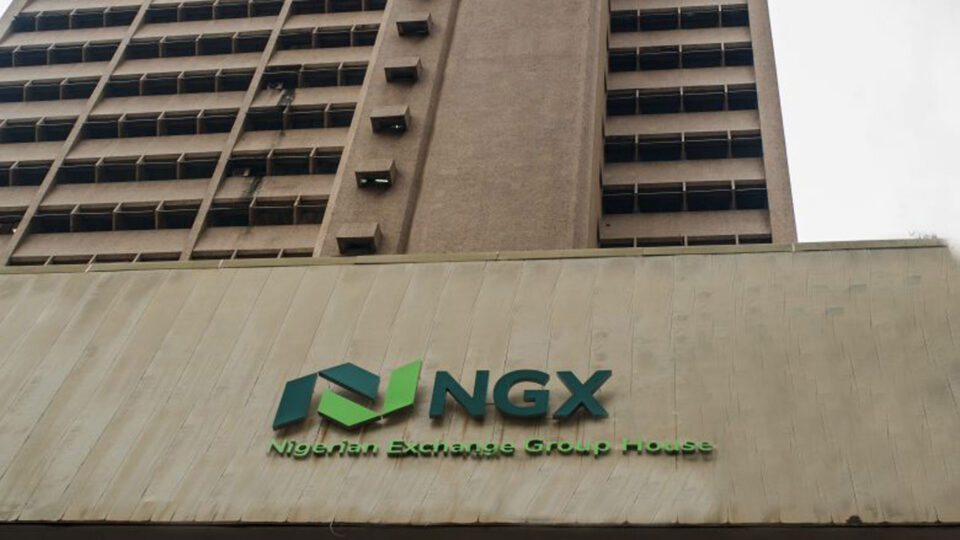
Investors Gain N13.2trn in Six Months
Investors reaped significant returns in the first half of the year as the equities posted a cumulative gain of N13.2 trillion. The gains were triggered by sustained economic reforms, renewed investor confidence and a wave of strategic policy interventions that lifted sentiments and attracted fresh capital inflows.
According to data from the Nigerian Exchange (NGX), the market capitalisation rose from N62.763 trillion at the close of last year to N75.964 trillion as of Friday, June 27, 2025, a remarkable 21 per cent increase.
The NGX all-share index also climbed significantly, gaining 17.2 per cent from 102,926.4 basis points to close at 119,955.76 points. The month of June alone delivered an extraordinary return of N5.5 trillion, underlining growing investor appetite and the strength of the ongoing economic rebound.
This bullish run is attributed to a combination of factors including clarity in government policy direction, greater foreign exchange liquidity, and improved macroeconomic indicators.
Reforms championed by the current administration, including monetary tightening, removal of market distortions, and foreign exchange unification — have provided a foundation for increased investor trust, both local and foreign.
Sectors that led the rally include banking, industrial goods, telecommunications and oil and gas. Enhanced corporate disclosures, robust earnings and improved dividend payouts further strengthened market sentiment.
Operators also noted the Central Bank’s role in reinforcing financial stability through proactive policy interventions, while the rise in crude oil prices and steady diaspora remittances supported external reserves and market resilience.
Foreign investors, previously wary of Nigeria’s macroeconomic uncertainties, have begun returning, driven by reforms that addressed issues such as capital repatriation and FX illiquidity.
The successful rollout of key components of the Nigerian Economic Stabilisation Plan (NESP) helped restore credibility to financial institutions and attracted renewed portfolio investments.
In addition, equities recorded consistent month-on-month growth, positioning the NGX as one of Africa’s top-performing stock markets in 2025. Analysts see this as a demonstration of Nigeria’s capital market evolution into a viable platform for mobilising long-term financing, especially for infrastructure development and private sector expansion.
Vice President of Highcap Securities Limited, David Adonri, attributed the sustained growth to restored investor trust, saying that the resolution of foreign investors’ trapped funds and steady market reforms helped reignite interest.
“The sharp rise in trading volumes and institutional participation reflects stronger confidence in Nigeria’s economic direction. If this momentum is sustained, Nigeria could re-emerge as a powerhouse among emerging market economies,” he said.He also noted that government’s optimistic projections on foreign exchange and inflation outlooks for 2025 have helped improve market forecasts and attracted long-term investors.
“The current growth highlights what is possible when reforms are matched by consistency and execution. It sends a message to global investors that Nigeria is serious about reclaiming its place as a premier investment destination in Africa.”
The impact of the rally has also been visible in stock price movements. MTN Nigeria saw its share price surge from N242 in January to N357.50 by late June. Honeywell Flour Mills jumped from N10.00 to N21.20, while Caverton rose from N2.38 to N5.22. University Press appreciated from N4.45 to N6.00, and Cornerstone Insurance advanced from N3.31 to N4.15.
As the market enters the second half of the year, stakeholders are calling for policy consistency, stronger investor protections and improved national security to sustain the current momentum.
While cautious optimism remains, the H1 performance marks a powerful statement about the transformative impact of sound economic leadership and responsive policy execution on capital market growth and national development.
